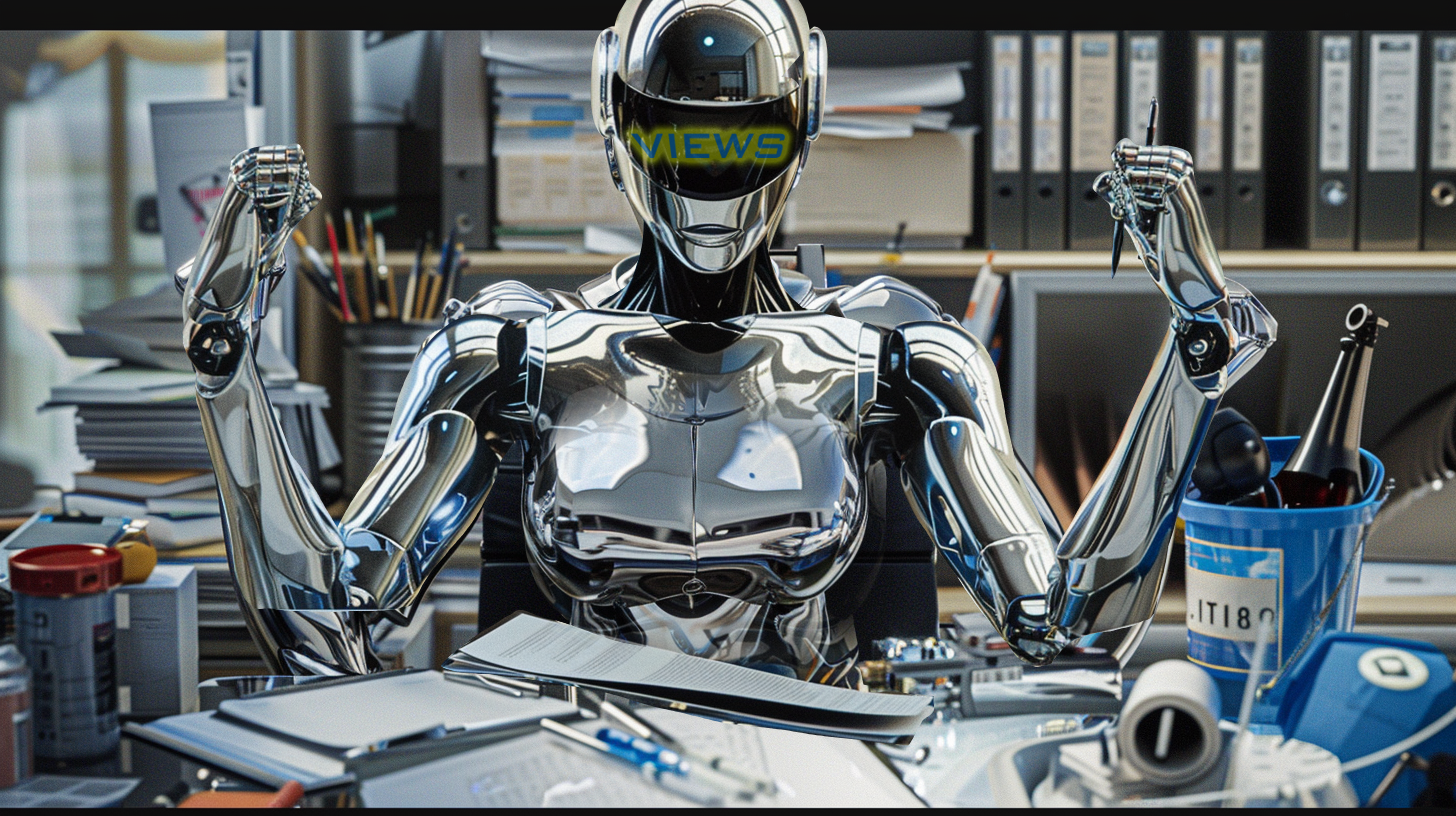With the rapid rise of AI-generated scripts, videos, and other content, there is growing concern about how human creators can monetize their work in a world increasingly dominated by algorithms. Streaming platforms, which are central to content distribution, may ultimately shape how creators earn revenue, especially if the focus shifts to strategies like posting self-made movies in multiple short parts to keep viewers engaged.
This approach, while potentially beneficial for attracting consistent audiences, could also have negative consequences for creators. The success of a human-made film or series may become overly dependent on how the platform’s recommendation algorithm promotes it. If the algorithm favors “high-performing” videos with repeated views and shares, more thoughtful, effort-intensive projects—such as short films—could be sidelined. In contrast, low-value content, often designed purely for views and engagement, may rise to the top simply because it fits the algorithm’s formula.
This dynamic is particularly evident on platforms that prioritize short-form content, where viral “clickbait” videos with little substance frequently outperform more creative efforts. As a result, human content creators find their potential earnings limited by the algorithm’s preferences, raising questions about the long-term sustainability of this model.
This week’s podcast topic is something you don’t want to miss:
Will content monetization in the AI era offer creators real opportunities, or will it become a numbers game dictated by algorithms?
The trend you’ve identified – breaking content into multiple parts for sustained engagement – is indeed becoming more prevalent. This strategy serves multiple purposes:
- Algorithmic favorability: Most platforms’ algorithms reward content that keeps users engaged over time
- Revenue optimization: More video parts mean more opportunities for ad placement
- Audience retention: Creating “cliffhangers” between parts encourages viewers to return
However, the sustainability of this model faces several challenges:
- Audience fatigue: Viewers may grow tired of artificially stretched content
- Quality vs. Quantity: The pressure to produce multiple parts might compromise content quality
- Platform dependency: Creators become vulnerable to platform policy changes
As AI-generated content becomes more prevalent, I believe human creators will need to differentiate themselves through:
- Unique perspectives and authentic experiences
- High-quality production values
- Community building and personal connection with audiences
- Creative storytelling that AI can’t easily replicate
Regarding sustainability, I think we’ll see an evolution rather than a collapse of this model:
Short-term (1-3 years): The multi-part content strategy will likely continue to be effective as platforms refine their algorithms to reward engagement.
Medium-term (3-5 years): We may see a shift towards hybrid models where creators use AI to enhance their production while focusing on uniquely human elements.
Long-term (5+ years): The model will likely need to adapt as:
- Audiences become more discerning about AI vs. human-created content
- New monetization methods emerge (e.g., direct fan funding, blockchain-based models)
- Platforms potentially shift their focus to combat content oversaturation
To remain sustainable, I believe the future of human content creation will need to emphasize:
- Quality over quantity
- Genuine human connection and experience (build your community)
- Innovative storytelling formats
- Diversified revenue streams beyond platform monetization
Human creators who can adapt to these changes while maintaining their unique voice and quality standards will likely continue to find success, even as AI becomes more prevalent in content creation.
Besides filmmaking, where else do you see opportunities in AI land for content creation?
Your opinions and shares matter. 😀
Pierre.

